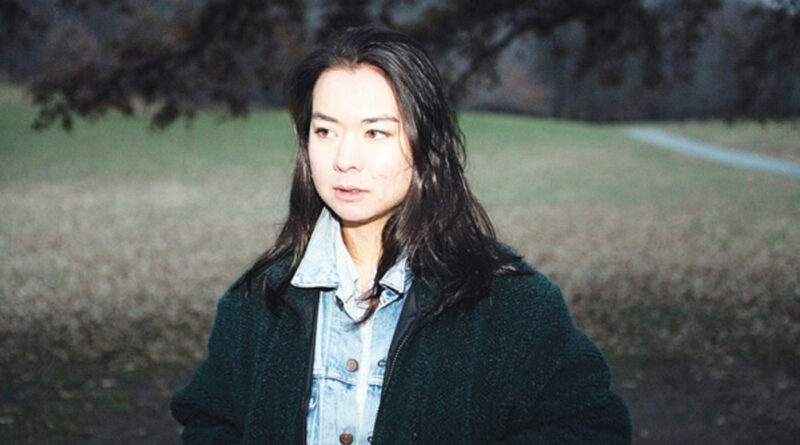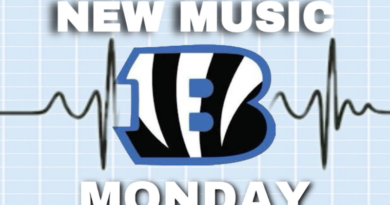#DecolonizeMitski
Mitski Miyawaki, born Mitsuki Miyawaki, more formally known mononymously as “Mitski,” is a Japanese-American singer-songwriter. Since her first album Lush, released in 2012, Mitski has since produced four other albums—My personal favorite being Bury Me at Makeout Creek—and is currently in the process of releasing her sixth studio album, Laurel Hell.
Like every other seventeen year-old high school girl, I love Mitski. And yes, I said “like every other seventeen year old-high school girl;” Mitski has over eight million monthly listeners on Spotify, you look absolutely crazy trying to gatekeep her.
As Mitski is one of my favorite artists ever, it is expected that I love literally everything she has to offer the world. However, what I love most about Mitski is her lyricism. Not to sound like a film bro ranting on about like Scorcese, I don’t know I only watch objectively bad movies, but Mitski’s words really resonates with me and many other women of color (WOC).
And apparently, sad white girls, too. Much to my excitement (not), Mitski has basically been dubbed as the poster woman for “sad white girl music.” (Even though she literally isn’t white.)
To be fair, it’s not like Mitski makes the happiest sounding music, both in the lyrical and audible sense. However, the sadness depicted in her music often stems from a broader nuance than just simply being sad. The messages in Mitski’s music often depict the individual and isolated journey of being a woman of color. And, honestly, it really sucks when white people chalk up Mitski’s discography to just being “sad” because her work is so much more than that, and she is so much more than that. As POC are often grasping at straws for proper representation in just about every kind of media ever, Mitski serves as a savior for many, and it sucks when white people continuously reduce the meaning of her art as just “sad girl music.”
To me, there’s no one who has ever been able to verbalize the complexity of what it’s like to navigate the Western world as a WOC better than Mitski. It’s not everyday that I can find an artist who knows just as well as I do what it feels like to be an internal outsider in American society. What it’s like to know that no matter how long you’ve lived here, or how hard you try to conform to Western expectations, you won’t ever be seen as one of them. What it’s like to constantly chase a standard that will always be out of reach. Her music has served as a source of comfort for not just me, but many other people of color (POC) who know all too well what it is like to exist in a world not meant for us. To reduce the meaning of her work as only “sad” music feels like you’re erasing her background, her stories, and her experiences as a WOC.
Like yeah, you can relate to Mitski’s music as a white person, but honestly, to what extent? The fact is, as a white person, you will never experience yearning, love, self-hatred, loss, and just about everything else in the world the same way POC do; Which means that you just won’t ever truly, one hundred percent, be able to understand Mitski’s music. I know that not all MItski’s music is about race, but all of her music is shaped by her experiences as a woman of color.
Not only that, but I feel like a lot of people treat Mitski like she’s there just to make music to fuel their sad girl personas—Which goes hand in hand with the commodification of artists of color, but that’s a story for another time—and forget that she’s a real person, with real experiences, and the fact that her art is reflective of those things.
I’m not trying to gateekeep Mitski; that’s the last thing I’d ever want to do. I love seeing WOC thrive in the primarily white indie/alternative music scene, and I would like nothing more than for Mitski to continue to be recognized as the outstanding artist she is. I’m simply asking that people not disregard the deeper meaning behind her music and to understand that she is so much more than just your token “sad girl” artist.
Like, imagine pouring your heart and soul into writing some of those most complex, convoluted songs to be released in the modern century, with many of those songs depicting your experience as a woman of color, only to have your entire career be associated with just releasing “sad girl music.”
Plus, Mitski said it herself; “Let’s retire the sad girl schtick. It’s over.” (Thank God.)
And, no offense, but is being sad and only listening to sad music your guys’ only personality trait? Laaaaaaame.




